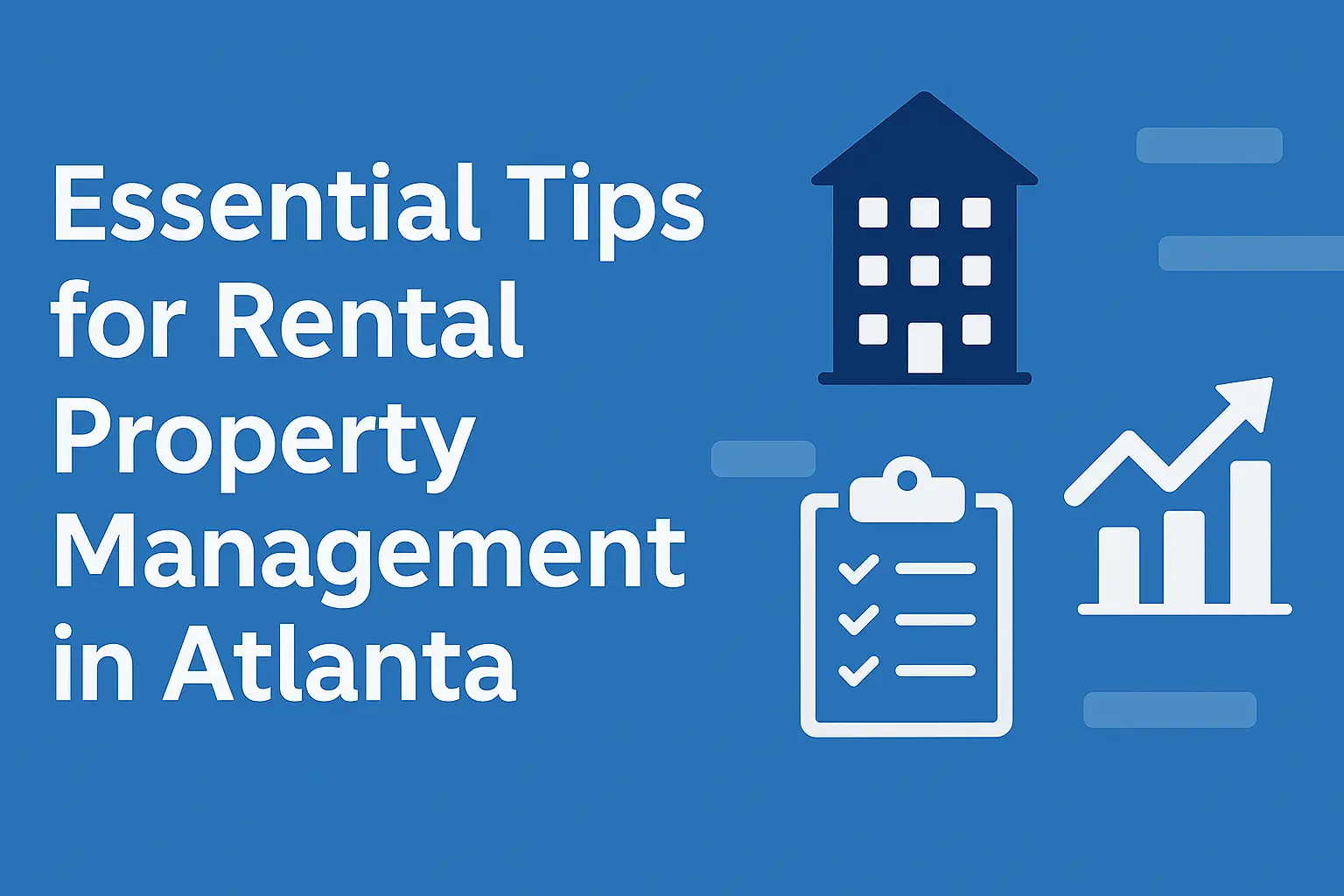Rental property market in Atlanta can be a tough task. The city’s dynamic real estate landscape requires a strategic approach to property management.
Understanding local market trends is crucial for setting competitive rental prices. Compliance with Atlanta's specific laws and regulations is essential to avoid legal pitfalls.
Effective property management goes beyond just maintaining the property. It involves enhancing tenant satisfaction and ensuring long-term retention.
Leveraging technology and professional services can streamline operations and reduce stress. These tools help property owners focus on profitability and tenant relations.
This guide offers essential tips for rental property management in Atlanta. It aims to transform property ownership into a profitable and hassle-free experience.
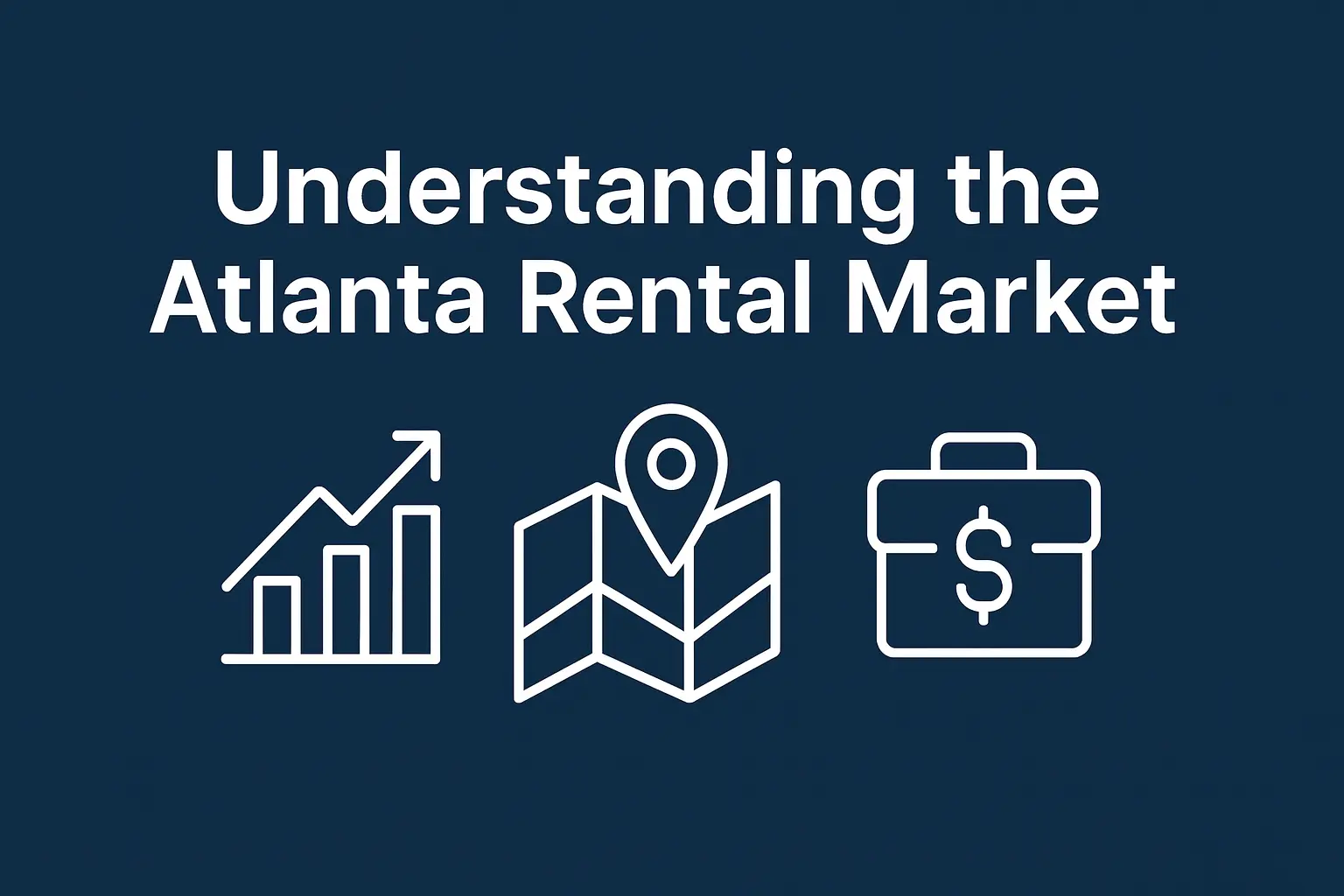
Understanding the Atlanta Rental Market
The Atlanta rental market is characterized by its diversity and rapid growth. Understanding market dynamics is crucial for setting rental prices that attract quality tenants.
Real estate investors must keep an eye on local economic trends. These trends influence rental demand and tenant turnover rates. Being informed helps you stay competitive.
Here's what to consider in Atlanta's rental market:
Demand Fluctuations: Seasonal shifts in tenant demand.
Neighborhood Trends: Popular areas can command higher rents.
Economic Factors: Employment rates affect housing needs.
Staying updated on these factors aids in making informed decisions. This knowledge positions property owners to adjust strategies effectively.
Research and local expertise are key. Networking with local real estate professionals can provide valuable insights. Engaging with community resources is also beneficial for staying ahead in the market.
Navigating Local Laws and Regulations
Compliance with local laws is crucial to avoid legal troubles. Atlanta's regulations govern multiple aspects of rental property management. Understanding these laws safeguards your investment.
Familiarizing yourself with tenant rights and responsibilities is vital. It helps in managing disputes and fostering positive relationships. Regularly reviewing legal updates ensures you remain compliant.
Key regulatory aspects to consider include:
Security Deposits: Rules on collection and return.
Lease Agreements: Essential elements to include.
Tenant Rights: Maintenance responsibilities and notice periods.
Consulting with legal professionals can be invaluable. They provide clarity on complex issues. Additionally, joining local property management associations can offer ongoing support. This proactive approach minimizes risks and enhances the management process.
.webp)
Effective Tenant Screening and Placement
Proper tenant screening is vital for reducing turnover. It's your first line of defense against future problems. By investing in this process, you ensure quality tenants.
The screening process should be thorough and include several steps. Background checks, credit evaluations, and reference verifications are crucial. They help identify reliable renters who fit your criteria.
Consider implementing the following screening steps:
Credit Check: Evaluates financial responsibility.
Background Check: Flags criminal history and past evictions.
References: Offers insights from past landlords and employers.
Selecting the right tenant not only enhances stability but also enhances satisfaction. By doing so, you set a positive tone for the landlord-tenant relationship. This foundation is key to long-term success and minimal vacancies.
Maintenance, Inspections, and Property Upkeep
Regular maintenance is crucial for preserving property value and tenant satisfaction. It prevents minor issues from becoming costly repairs. Schedule routine checks to catch potential problems early.
Property inspections should occur several times a year. These inspections help you ensure that tenants adhere to lease terms and maintain the property. Inspections also provide opportunities to identify areas needing attention.
Prioritize these maintenance tasks:
HVAC Servicing: Ensures efficient heating and cooling systems.
Roof and Plumbing Checks: Prevents leaks and water damage.
Pest Control: Maintains a clean and healthy environment.
A well-maintained property attracts long-term tenants. It also encourages them to take good care of the space. Proactive upkeep is a smart strategy for hassle-free management.
Enhancing Tenant Satisfaction and Retention
Tenant satisfaction is a cornerstone of successful property management. Happy tenants are more likely to renew their leases, reducing turnover costs. Enhancing their experience begins with good communication.
Fostering a sense of community can further boost tenant retention. Organize events or initiatives that bring tenants together. This creates a positive atmosphere and shows tenants that their well-being is valued.
Consider implementing these strategies:
Promptly Address Maintenance Requests: Quick responses to repairs can enhance tenant happiness.
Offer Online Rent Payment: This increases convenience for tenants.
Provide Attractive Amenities: These can range from gym access to community spaces.
Investing in tenant satisfaction ultimately translates into better retention rates. It builds trust and loyalty, ensuring a stable income stream for property owners.
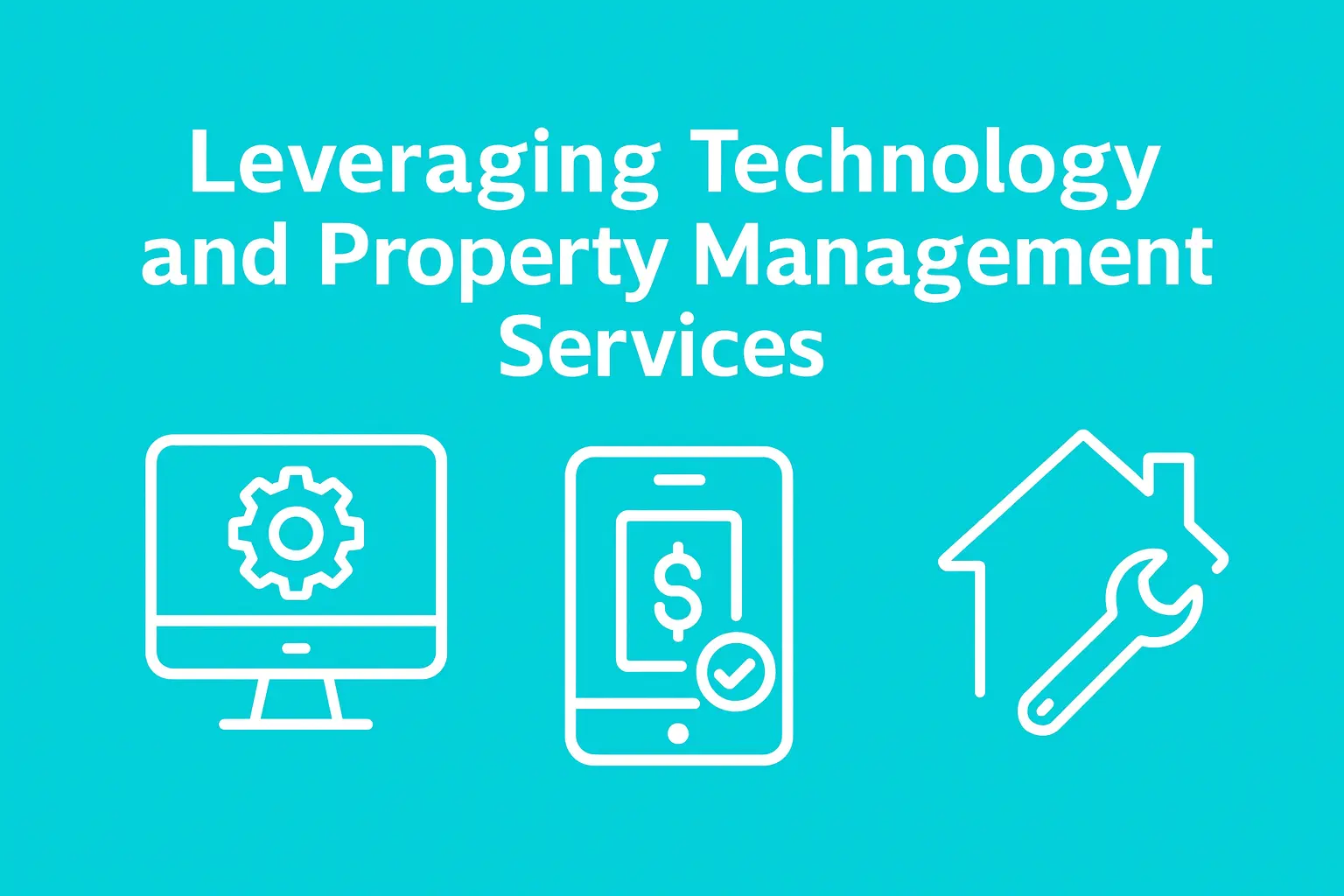
Leveraging Technology and Property Management Services
In today's digital age, technology can significantly enhance rental property management. Utilizing property management software streamlines day-to-day operations. It also aids in tracking rent payments and maintenance schedules.
Partnering with property management services can further alleviate burdens. These professionals offer expert knowledge and handle challenging tasks. From tenant screening to legal compliance, they cover a spectrum of needs.
Consider these benefits of technology and services:
Automated Payment Systems: Ensure timely rent collection.
Digital Maintenance Requests: Facilitate faster response times.
Professional Expertise: Navigate complexities with ease.
By embracing technology and expert services, property owners can enhance efficiency. This strategic approach saves time, reduces stress, and boosts profitability. Investing in these tools and services is invaluable for long-term success.
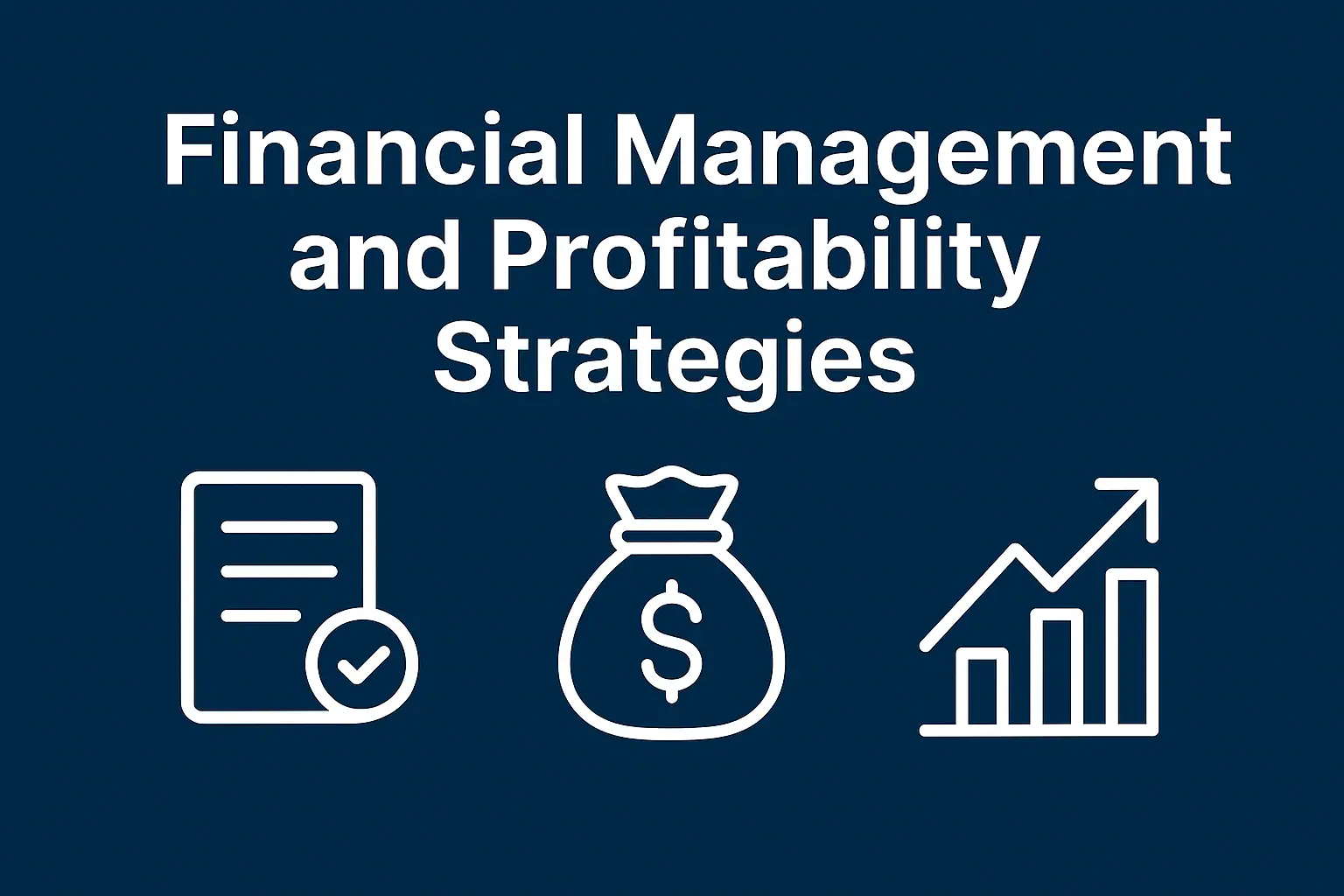
Financial Management and Profitability Strategies
Robust financial management is pivotal to profitable rental property management in Atlanta. Regularly reviewing financials helps ensure the property remains lucrative. This includes tracking income, expenses, and unexpected costs.
To enhance profitability, consider strategic adjustments. Regularly reviewing and adjusting rental rates is essential. Understanding local market trends can help set competitive prices, attracting quality tenants.
Here are key strategies for financial success:
Maintain Detailed Records: Track every expense and income for accuracy.
Consider Tax Strategies: Leverage deductions available for property owners.
Plan for Emergencies: Create a reserve fund for unexpected repairs or vacancies.
Adopting these financial strategies can lead to a more sustainable and profitable investment. Proactive financial planning ultimately supports long-term gains and stability in property management.
Building a Reliable Network and Staying Informed
Establishing a strong network in the property management field is crucial. It connects you with experienced professionals and reliable service providers. This network supports effective property upkeep and enhances tenant satisfaction.
Staying informed about local regulations and market trends is equally vital. Frequent updates on these subjects ensure compliance and strategic planning. Engage with local real estate groups for insightful discussions.
Here’s how to build and maintain a strong network:
Attend Real Estate Meetups: Engage with peers for shared learning.
Join Local Associations: Access valuable resources and workshops.
Connect with Contractors: Ensure quick and efficient property maintenance.
This approach equips you with the resources and knowledge needed to manage rental properties effectively, ensuring long-term success.
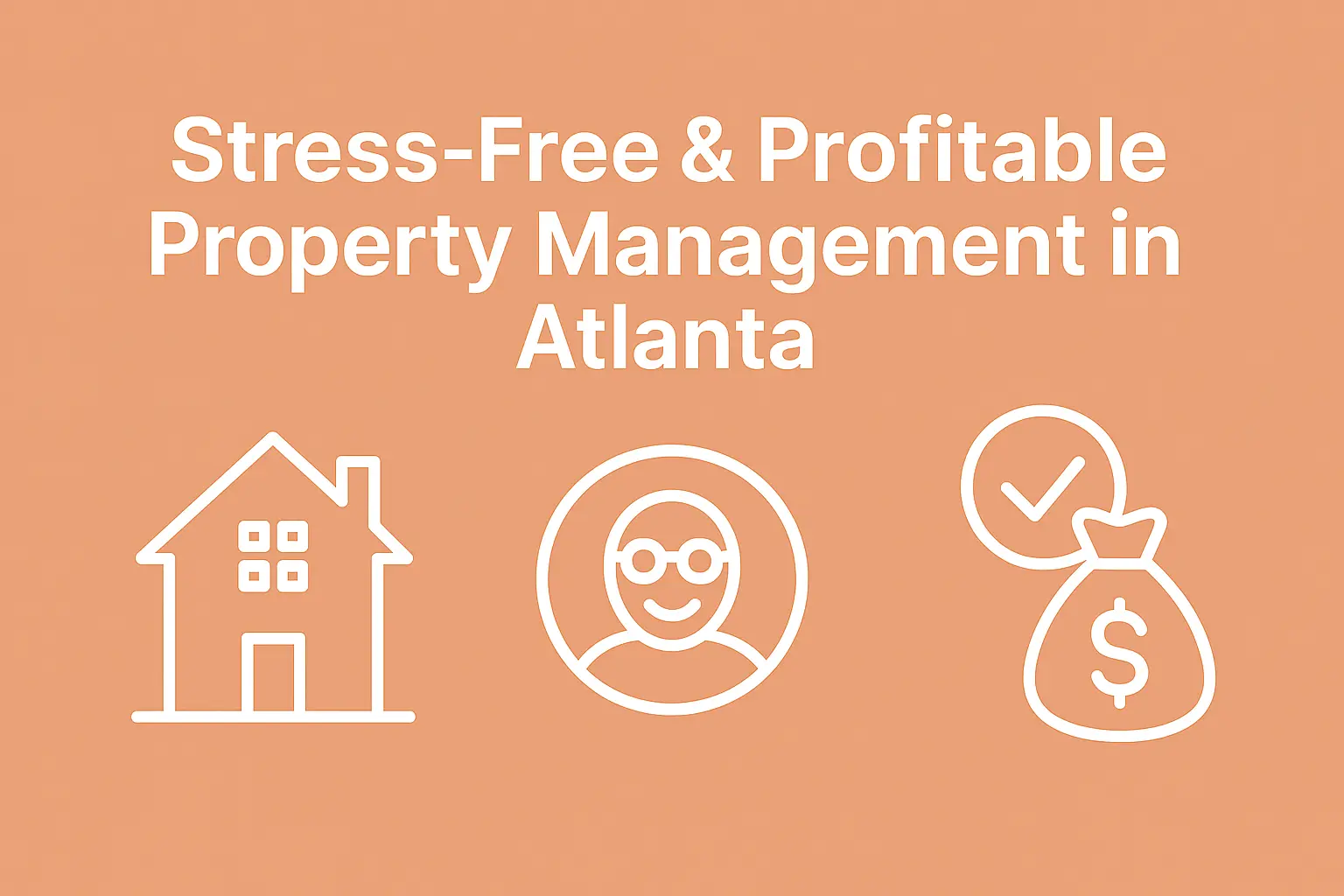
Conclusion: Achieving Stress-Free, Profitable Property Management in Atlanta
Effective rental property management in Atlanta combines understanding the market, compliance, and proactive tenant engagement. By leveraging these strategies, you can navigate challenges with confidence, ensuring both profitability and a stress-free investment journey. Embrace these insights for ongoing success.
Hire Atanta Property Management

